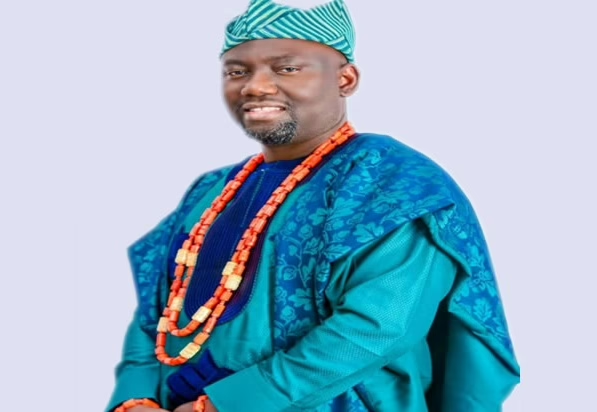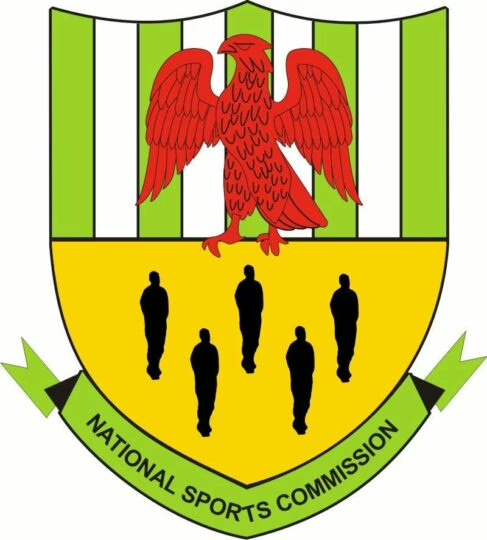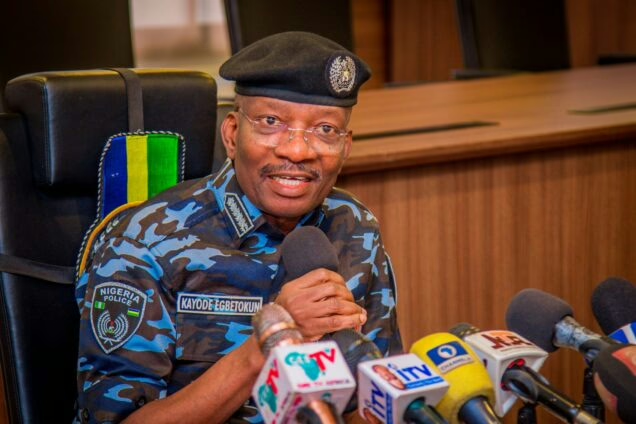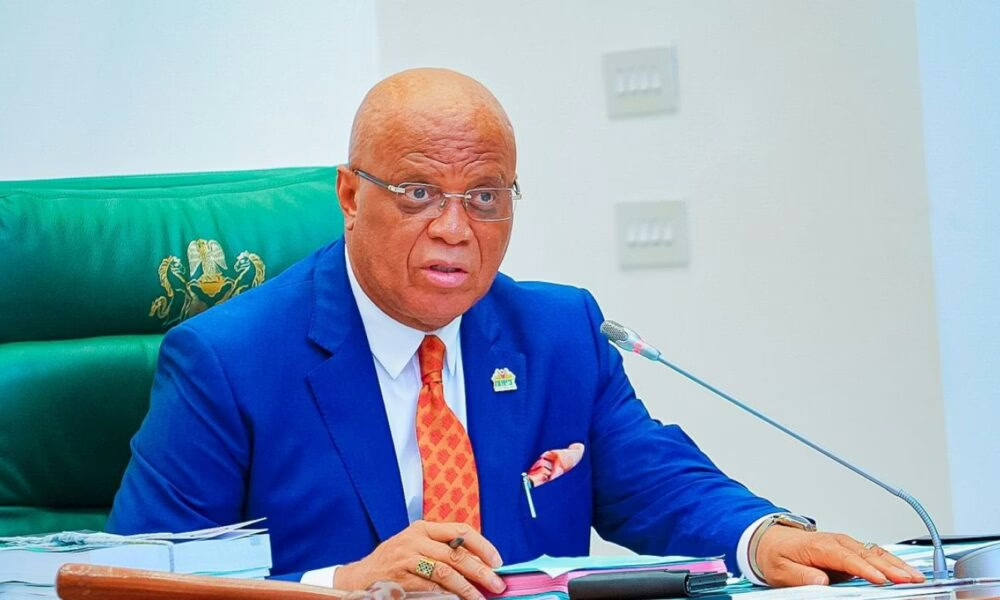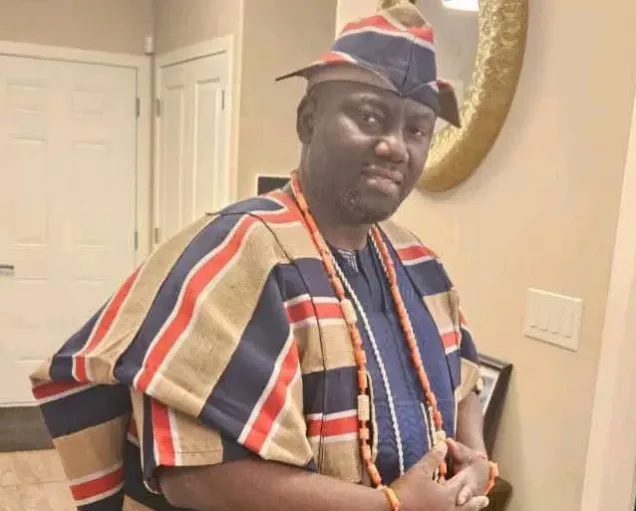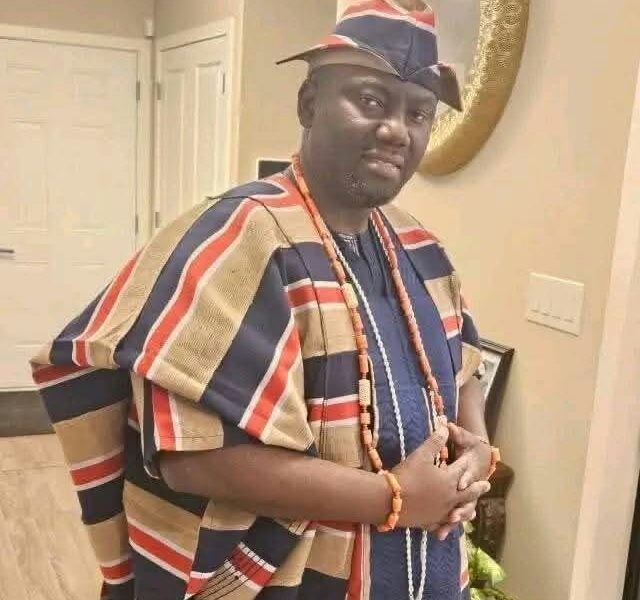A former Head of State, Gen. Yakubu Gowon (retd), has explained why he refused to align with any of the nation’s political parties or joined partisan politics in the country.
The 90-year old elder statesman gave the explanation on Wednesday in Abuja when he received the League of Northern Democrats (LND), led by a former Kano State governor and Sardaunan Kano, Senator Ibrahim Shekarau.
Daily Trust reports that Gen. Gowon who ruled Nigeria as a military leader for nine year, before being ousted by the Gen. Ibrahim Babangida military led junta.
@media only screen and (min-width: 992px){#div-vi-1716478739{width:728px !important;height:90px !important}}
He has since then refused to be associated with the nation’s multi-party democracy, unlike some of the nation’s military leaders, who were active in politics.
“I am not affiliated with any political party. My only allegiance is to Nigeria. My profession (military) shaped my belief in serving the country above all else, and I’ve avoided partisan politics.
“I encourage others to think beyond regional interests and focus on Nigeria as a whole. Differences in opinion are natural, but they should never prevent us from working together to resolve issues for the good of the country.
“I’ve always believed in taking the best from all ideologies, be it socialism, capitalism, or others, and applying them for the greater good. During my time in government, we valued diverse perspectives, but decisions were always made in the interest of the people and the nation,” Gowon said.
He expressed hope that the guests’ mission was not just about returning to the old thinking where the north prioritises the north, the west prioritises the west, and the east prioritises the east, until the Mid-West emerged to think for itself.
“My position has always been that whatever the north does must serve the greater interest of Nigeria. From your speech, I understand that this is your intention—to ensure the north, in its current state, focuses on national unity. It was for this reason that I supported the creation of multiple states, to prevent any one region from becoming too powerful and threatening the country’s unity.
“This perspective was born out of extensive discussions with political leaders, chiefs, and various groups. The north had to make sacrifices to address fears of domination by one region, especially given the size and population of the north.
“At that time, there was considerable anxiety from the south about the north’s dominance, which nearly led to calls for secession from all regions—the west, the east, and even the north. This deeply worried me. I was born in Nigeria, raised in Nigeria, and served a profession that represented the country’s collective interest.
“My decision to advocate for state creation stemmed from a desire to prevent the fragmentation of our nation.
Even now, I recall that at one point, people believed the north wanted to secede, just as similar claims were made about the east and the west. This fear of disintegration weighed heavily on me.
“If we had allowed it, what would we call ourselves today? We might have ended up with separate nations—whether Yoruba, Igbo, Hausa, or otherwise. I hesitate to say more, as I might risk offending someone here,” Gowon said.
He said that Nigeria’s population and diversity are strengths and that if citizens can unite despite their differences, they can build the Nigeria they all envision. The north is incredibly diverse, encompassing various tribes, such as the Igbo-speaking communities in Benue and the Yoruba presence there as well. These differences enrich our region and should encourage unity rather than division.
“The northern identity, however, is often associated with the Hausa-Fulani. Even within that label, there is significant diversity. For instance, among the Angas people, we have distinct names like “Ngas,” and they call us “Ngali.” The cultural nuances are fascinating and a testament to our rich heritage.
“Unfortunately, I feel saddened by the challenges currently facing the north, such as the emergence of groups like the Lukurawa from Mali. Their activities have only created more problems for us.
“Nonetheless, I’m honoured and delighted by your visit. Your introductions touched me deeply. Many of you are descendants of respected leaders such as Tafawa Balewa and Shagari. I see this gathering as a continuation of their legacy.”
 Join Daily Trust WhatsApp Community For Quick Access To News and Happenings Around You.
Join Daily Trust WhatsApp Community For Quick Access To News and Happenings Around You.


